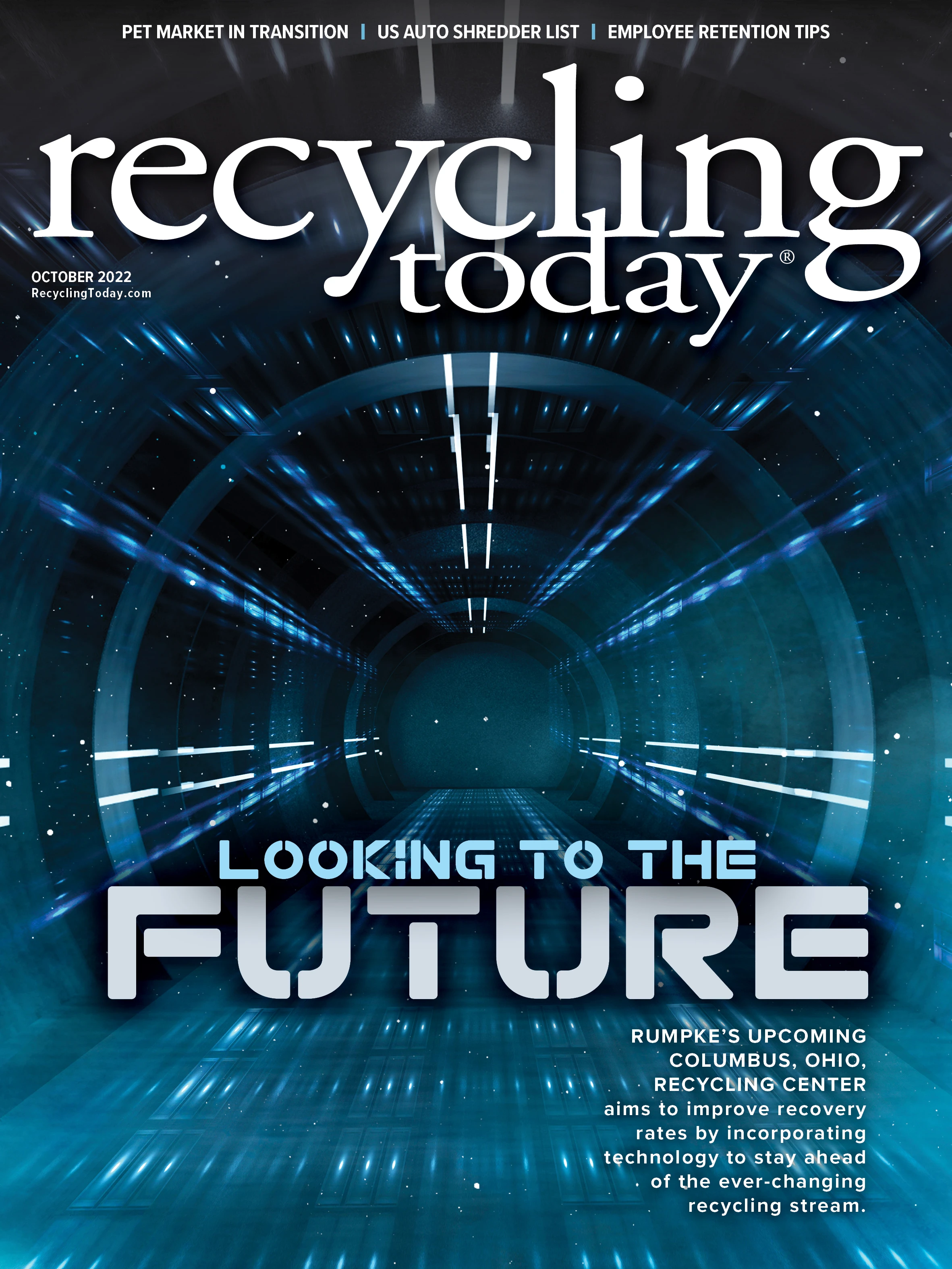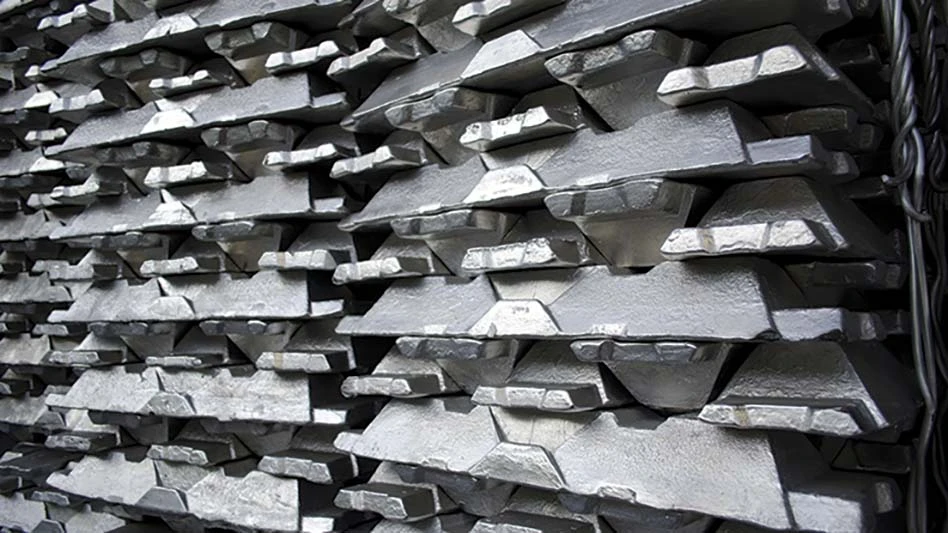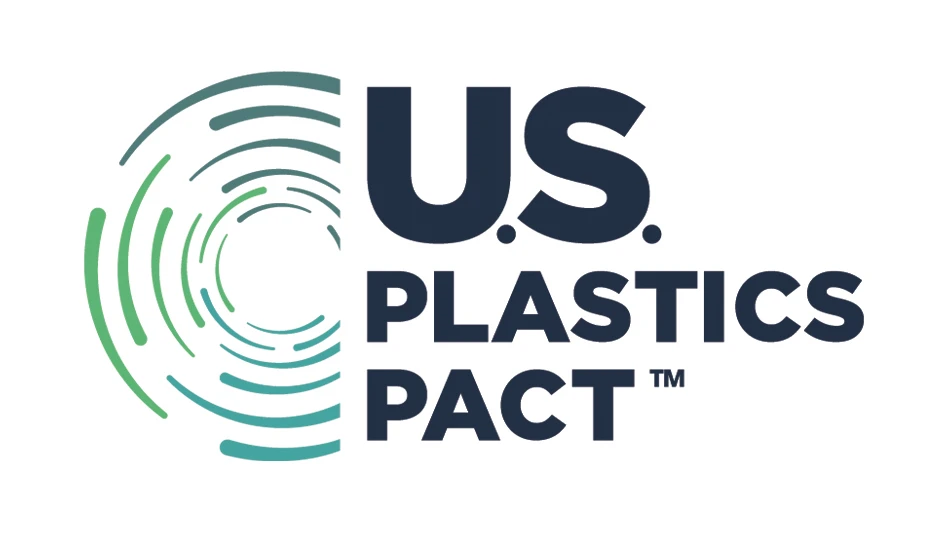
Stadium Auto Parts, based in Henderson, Colorado, recently opened a new auto dismantling facility with the goal of increasing capacity, efficiency and space. It’s the most recent chapter in a company history that dates back to 1945.
Hyman Wright founded Stadium Auto Parts in 1945 in Commerce City, Colorado, when he bought an auto garage that sold gas and shifted its focus to selling auto parts. The company eventually expanded, adding a parts warehouse that was run by two employees.
In 1971, Hyman’s son, Norman Wright, took over as head of the company, which he has continued to grow. In March of this year, Stadium Auto Parts, which has 30 employees, opened a 38,000-square-foot auto dismantling facility that merges the operations of two sites the company owned previously. The new site can handle 120 cars per month, which Wright says will expand to 200 cars per month over time.
He doesn’t plan to slow down, either, setting goals to grow the company in the next three to five years by increasing how many cars Stadium can process, expanding its staff and increasing revenue.
“We’re seeing growth right now because there is a supply chain shortage and our parts are available,” Wright says. “A lot of the new parts are on backorder for three, four months. So, more collision and mechanic shops are looking to us to get cars back on the road.”
Inventory acquisition
Wright says Stadium purchases most of the cars it processes through salvage auctions held in Denver. About six auctions occur per week, selling about 3,000 cars total. Stadium purchases complete vehicles to avoid issues with stolen parts and chop shops, he says. The company also makes purchases through private insurance companies.
Stadium typically buys cars that are 10 years old or younger because of the value they offer.
Once the vehicles have been purchased, they are brought into the new facility to be cataloged. Workers scan the vehicles into Stadium’s digital inventory system: Pinnacle Professional from CCC Information Systems in Chicago. Pertinent details that are noted include the vehicles’ makes, models, years and colors, as well as photos.
The parts are cataloged using Hollander Interchange by Solera, based in Minneapolis, a system that allows Stadium to find parts and displays their sales prices. Stadium tracks the vehicles by how long it takes to sell the parts to recover its costs, which is called inventory turnover.
“It offers a full gamut of management tools to run the operation,” Wright says of the Pinnacle software. “We track each vehicle by stock numbers. Our management reports include how long the car has been here, how much we sold off the car and a projection of what parts we’ll sell [in the future].”
The inventory system also helps Stadium determine how much it should be bidding for the cars it purchases.
Before the company began using the software, Wright says Stadium bought the cars at auctions based on scrap value. Without the inventory system, it took the company 280 to 300 days to turn over the parts removed from a single vehicle, he says.
“You could buy anything because you always made money on it because it was so cheap,” Wright says of purchasing cars early in his career. “Now, with our cost of goods with freight, everything’s more expensive.” Given the tighter margins, he says, Stadium pays close attention to these numbers to determine the vehicles and parts that will make the company the most money and those that might lead to losses.
“We’re seeing growth right now because there is a supply chain shortage and our parts are available. A lot of the new parts are on backorder for three, four months. So, more collision and mechanic shops are looking to us to get cars back on the road.” – Norman Wright, CEO, Stadium Auto Parts
Full-service dismantling
After a vehicle has been inventoried, it is taken to an 8,000-square-foot dismantling building, which has seven bays. One of eight dismantlers is given a list of the parts that need to be removed from the car. One dismantler can disassemble a car in half a day, on average, and is paid based on performance, including how quickly and efficiently a vehicle is dismantled, Wright says.
Each dismantler is equipped with power and pneumatic tools, such as power saws and impact wrenches, manufactured by various suppliers. Dismantlers also use car lifts and cranes to assist in the disassembly process.
Stadium is a full-service dismantling company that specializes in newer model cars. Wright says these factors position Stadium well for the future relative to self-service auto recyclers because the company can handle vehicles with modern technology.
While self-service companies require clients to come in and remove parts from cars themselves, the primary benefit of Stadium’s business model is the ease of access it offers to garages.
“A shop is not going to send down one of their employees to pull apart the vehicle; it’s too expensive,” Wright says. “So, we provide an ease of access that eliminates that burden.”
Stadium offers labor, extended warranties and lifetime warranties for the parts it sells. The warranties it offers are part of policies formed by Premium Recycled Parts (PRP), Louisville, Kentucky, an organization made up of 140 independently owned auto recyclers in the United States. The purpose is to match or exceed the warranties offered by original equipment manufacturers. PRP member companies, like Stadium, offer lifetime guarantees against corrosion perforation on every sheet metal part, while mechanical and electrical parts have a six-month unlimited-mileage parts and labor warranty against failure. Optional two-year and lifetime parts and labor guarantees also are offered, according to PRP.
Wright says Stadium sells primarily to collision repair shops and mechanics.
“A lot of our transactions are [done] indirectly with the insurance company on the collision side,” he says. “Shops purchase the parts to lessen the severity of the accident [in terms of costs] and for the [faster] delivery or shipping of the parts.”
More heavily regulated
Wright says one of the biggest changes the automotive recycling industry has faced is with government regulations. When he began at Stadium, the only regulations his company had to deal with were related to local land zoning. Now, the Occupational Safety and Health Administration and the Environmental Protection Agency have established regulations that pertain to personnel and waste disposal, respectively.
“Back then, we’d only pull the scrap from the cars, so we’d burn all the seats and dump the oil in the ground,” Wright says of the industry’s early days. “You could never do that today,” he continues. “All the hazardous materials are regulated to make sure we aren’t harming the environment.”
As more aspects of the business are subject to regulations, Wright says it becomes harder and more expensive to operate in the auto recycling sector.
“You almost have to have somebody on staff who’s just watching the regulatory people and doing all the reports of sampling,” Wright says. “We have to really work with the environmental people to make sure we’re not polluting the ground as well as the air.”

The end of the line
When all the desired parts have been harvested from incoming vehicles and the copper- and aluminum-bearing scrap has been removed, Wright says Stadium has a commodities manager who contacts scrap processors near the facility to sell the remaining auto hulks. The company typically sells from 400 to 500 vehicles every three to four months, Wright says, and crushes the vehicles for the processors to pick up.
Stadium works with six scrap processors in the Denver area. Typically, the company sells to All Recycling Inc., Western Metals Recycling or Evraz Recycling, all of which operate auto shredders in the Denver area. Stadium also sells to companies that do not have auto shredders.
“It all depends on the price of the commodity at the time we’re selling and who offers the best price and service,” Wright says.
Driving toward the future
Wright has ambitious goals for his facility and plans to hire 20 more employees in the next three to five years. First, he says Stadium wants to increase its volume from 120 cars per month to 200 cars and its parts production from 1,500 to 3,000. He also has a financial growth goal of $15 million in revenue.
However, Wright says he sees obstacles ahead related to how quickly the automotive market is changing. The biggest obstacle his company faces is the increase in hybrid and electric vehicles. Wright says they will become a big part of the market in 10 years, and Stadium is preparing now for that shift.
“What we’re doing is taking courses on how to handle electric batteries, electric cars, how to test the parts and determine what we need to save on them,” Wright says. “We’ve got to make sure our staff is properly trained and that the batteries are properly handled, so it doesn’t end up injuring a worker or damaging the operation as a result of a fire.”
Stadium is taking online classes through the Automotive Recyclers Association, Manassas, Virginia, and the company’s dismantlers also use rubber mats and gloves when removing electric batteries from the vehicles. The batteries are then stored in a container away from the facility to ensure that if there is a fire, it won’t affect operations.
Wright says he believes that in the next 10 years, used auto parts for vehicle repairs will shift away from direct-to-consumer sales toward wholesale because the vehicles are becoming so technologically advanced that only professional repair businesses will be able to work on them.

Explore the October 2022 Issue
Check out more from this issue and find your next story to read.
Latest from Recycling Today
- PCA reports profitable Q1
- British Steel mill subject of UK government intervention
- NRC seeks speakers for October event
- LME identifies Hong Kong warehouses
- Greenville, Mississippi, launches aluminum can recycling program
- Cotton Lives On kicks off 2025 recycling activities
- Georgia-Pacific names president of corrugated business
- Sev.en Global Investments completes acquisitions of Celsa Steel UK, Celsa Nordic





